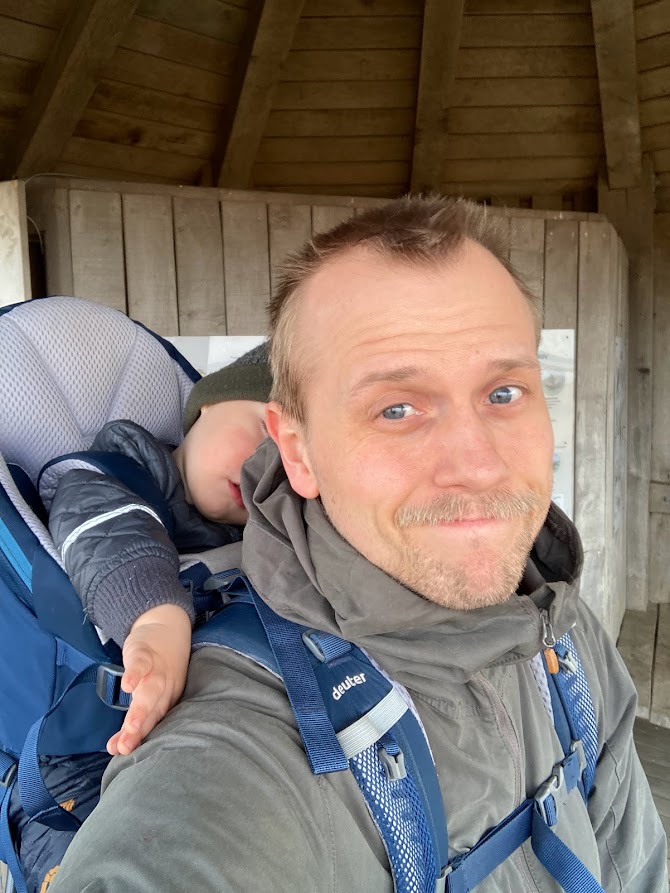Advanced Archaeological Methods
Undergraduate course, University of Copenhagen, Prehistoric Archaeology, SAXO-Institute, 2023
This course concerns the dissemination and training in archaeological methods at a specialized level.
The course consists of two modules:
1) Advanced Field Archaeology
This module is a field course conducted in wetland contexts. The goal of the module is to introduce and educate students in a series of advanced archaeological/biological field methodologies aimed at locating and investigating archaeological contexts. Moreover the goal is to train the students to analyze and describe a prehistoric environment and to “reconstruct” a cultural landscape at a given time. The course is currently focused on late glacial and early Holocene contexts, i.e. the early late Palaeolithic and Mesolithic periods of southern Scandinavia. The actual course location and study area is the large peat bogs of southern and western Zealand (Denmark) known for their preservation and numerous archaeological sites.
At this module the following wetland archaeological methodologies will be introduced:
a) Introduction to following wetland archaeological methodologies for locating and describing late glacial and early Holocene geological contexts in wetlands and kettle holes.
b) Systematic surveys, e.g., geological coring, followed by recognition and recording of archaeological settlements in wetland contexts
c) The planning and conduction of test excavations in order to evaluate an archaeological site concerning its preservation and archaeological potential, in wetland contexts.
This part of the course is introduced by a series of meetings and introductions to the methodologies followed by a 2 week intensive field course and finalized by the handing in of a report on the studied contexts.
2) Advanced Archaeological Documentation and Analysis
This module aims to provide the student with insights in different new and/or advanced documentation and analyses methods and further how their choice of methods affects the interpretation of ancient societies and their complexity. Additionally, the course explores the challenges of integrating scientific and 3D data into an archaeological framework. Another goal is to train the students in different presentation methods such as writing an article and give presentations in English.
At this module the following will be introduced:
New and/or advanced techniques from the natural sciences and how they may be applied in the humanities, the processes involved, and the range of potential results in the use of scientific methods such as ancient DNA, protein and isotope analyses and the use of 3D applications in archaeology.
This part of the course is a series of seminars and workshops.
